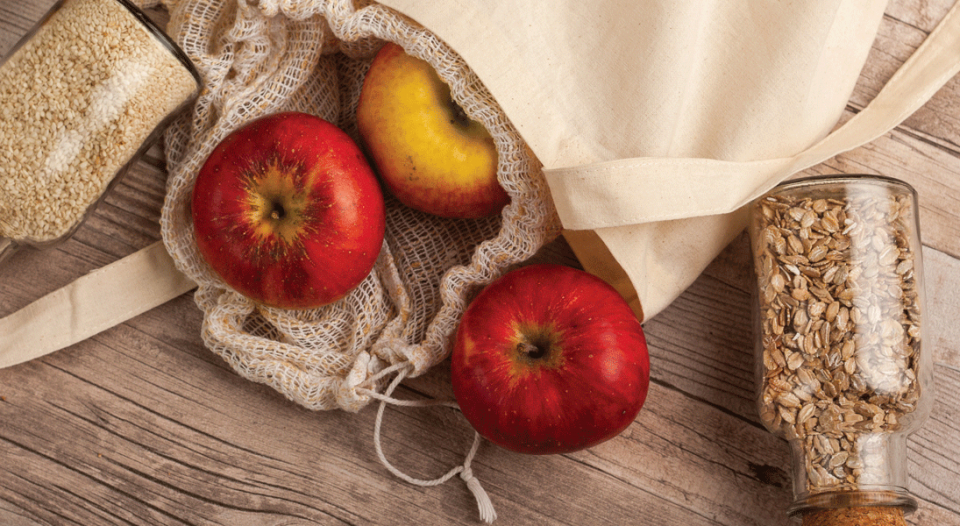Our family lives in the Holy Land, where political tensions dominate the news. This is a place where the land reigns supreme in debates over who belongs and who doesn’t. But what we’ve noticed as a family with two teens is that creation care is often forgotten in those territorial discussions.
When my family accepts a plastic bag to carry cucumbers and tomatoes home from the market, we immediately see the consequences of our choice in the landscape. Plastic bags drift in the breeze and lodge themselves in the rocks and valleys of Palestine and Israel.
We find ourselves saddened and asking, “Doesn’t holy mean worthy of our care, not just a place to pray and take religious ownership?”
As a Christian family, we believe the olive trees that dot the terraced terrain, the rocky hills and the treasured trickle of rivers (wadis) are good in God’s sight.
This holy land belongs to God. And God calls us to steward it.
Practices
Demonstrate care for creation by reducing your family’s plastic waste. We take cloth reusable bags to the market even though it’s uncommon here. We keep them in the same spot in the kitchen so they’re easy to find. Ten years ago, I bought a set of six cloth bags that have lasted throughout our kids’ childhood. Now teens, our kids have learned to reach for a bag before they visit the market and to tell merchants they already have a bag for personal purchases.
Display this excerpt from Psalm 148 in your home, perhaps where you keep your reusable grocery bags or lunchboxes:
Praise the Lord from the earth,
you sea monsters and all deeps,
fire and hail, snow and frost,
stormy wind fulfilling his command!
Mountains and all hills,
fruit trees and all cedars!
Wild animals and all cattle,
creeping things and flying birds!
[Sovereigns] of the earth and all peoples.





